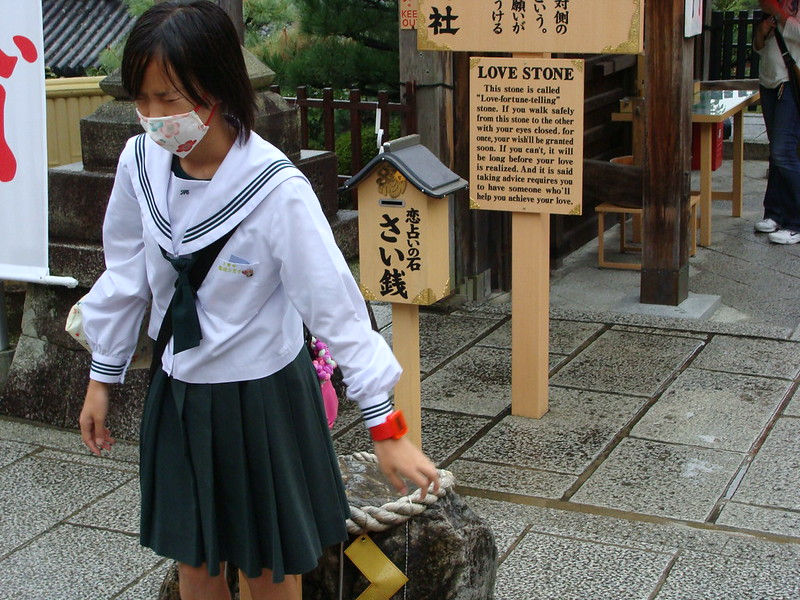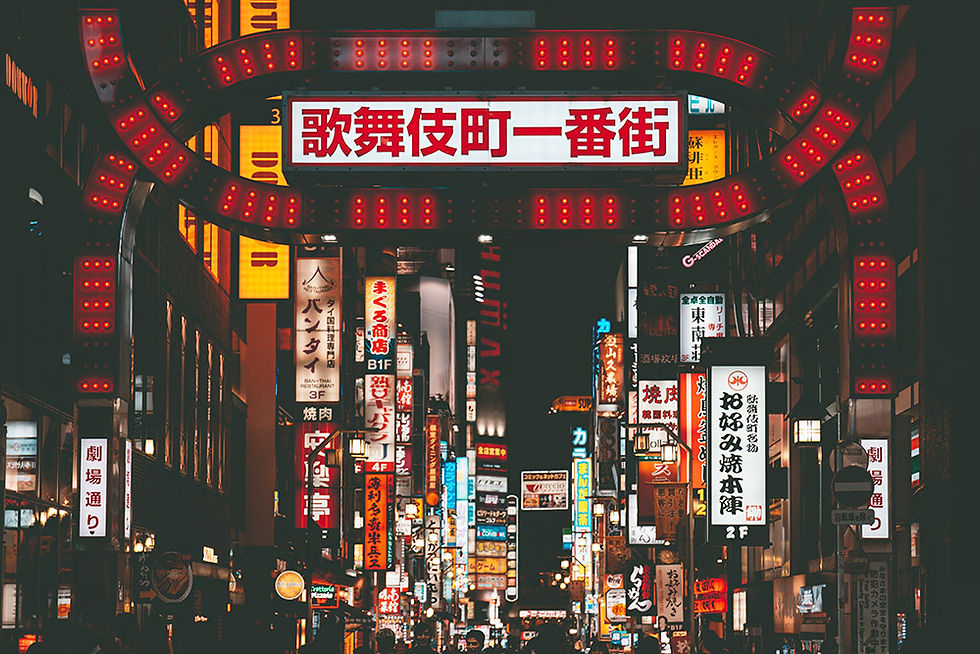What To Do If You Get Sick In Japan
- Tokyo Localized

- Feb 7, 2020
- 4 min read
What To Do If You Get Sick In Japan
What to do if you get sick during Japanese winter
Getting sick in any situation is rough, but it's especially true when you're in a foreign country, where you can't speak the language, and all you want to do is enjoy your holiday! Sometimes though, an immunity crash is inevitable, so we wanted to put together a little guide as to what to do is you do get sick - and how you can get back on track as fast as possible. We're no medical professionals, though, so if you do have further questions or recommendations for [articualr media brands, we'd suggest you consult a real doctor. Let's dive in!
Japanese health insurance
Just for context, Japan has a national health insurance system, and if you're in the country for over three months, you must enroll. Usually, an employer will do it for you if you're working, but if you're self-employed or unemployed, you must visit City Hall and do it yourself.
The health insurance system means that typically the government covers 70% of your doctor bill, and you pay the rest. If you're visiting Japan for a short holiday though, you won't need this!
How to prevent getting sick
Rather than dealing with sickness, the best move you could make in is to take all the precautions you need to make sure you don't get sick while you're here. The food industry standards are incredibly high here, so even though there's an opportunity for you to eat all the raw fish - and occasionally even raw chicken! - food poisoning isn't too common.
If you do get sick in the cooler months, chances are it's a simple cold or maybe influenza. Both of which are very easy to catch in a country with cities that have populations as dense as Tokyo.
Lots of foreign people often ask when they do get to Japan "why does everyone wear a facemask? Is it because they're sick?" and the answer is "maybe," but it could be any range of reasons.
Sometimes people don't want to risk getting sick; they might have allergies or they might just be wearing a mask to keep their face warm. Whatever the reason, they're a pretty easy - and potentially fashionable - way to stay healthy. You can pick up a pack of facemasks from most convenience stores, drugstores, and supermarkets, they're typically designed to be work just for one day, but hey if it's not dirty, we're not going to discourage you from recycling!
Another tip that's often overlooked in Japan - because the city does seem so clean - is to pack some antibacterial handwash/ alcohol hand sanitizers. If you're catching trains, each time you hold onto the pole or handle is you practically holding hands with 1,000s of other strangers, which is a hotbed of germ activity. Surprisingly, in Japan, many public toilets don't offer handsoap, so that's then the sanitizers come in especially handy!
If you get sick
Firstly: If by any chance are stuck in a medical emergency, 119 is the number and ask for: kyuukyuu desu (救急です) which means 'ambulance'.
In the bone-chilling cold Japanese winter, where the air is dry and the trains packed with commuters, catching a cold is almost a rite of passage for those who hang around. More often than not, the simple cold can be dealt with on your own with some home remedies and self-care.
One of the most annoying elements of catching a cold in japan is the scratchy throat and persistent cough that comes with the super dry (not Asahi) air. One of the best ways to combat this is to turn on your humidifier or buy a small temporary one to use while you're here. You can even purchase small humidifiers that designed to sit in PET drink bottles!
While it's probably more sugar than it is good stuff, lots of vending machines in Japan sell warm bottles of lemon and honey water, which is tasty, but yes, it also does do a pretty good job of soothing your throat if only temporarily.
There are plenty of over the counter options for cold medication too, but do be warned, drugs in Japan, in general, aren't often as strong as their western counterparts, so keep those expectations lower. Also, drugs designed to treat sickness are only available in drug stores, generally not supermarkets or convenience stores. That said, you do find some 'medicines' in convenience stores, but they're probably not what you're after when you want to feel better fully and fast.
What to say at the drugstore
If you visit a drugstore and you're not too sure what to buy, tell the staff "I have a cold" "kaze wo hikimashita" or show them this line: 風邪をひきました. If you have gastro, "icho-en ga arimadu": 胃腸炎があります and the staff should be able able to lead you in the right direction. Japan has quite a few drugstore chains, but the major players are: Matsumoto KiYoshi, Sun Drug, and Welcia so if you pop one of these names in your Google maps, there should be one close by.
Keep those fluids up!
Whether you're sick, hungover, or just working up a sweat, it's also essential to keep those fluids up. Pocari Sweat is a very popular electrolyte replacement drink, which you can find in many vending machines. If you need something a little more heavy-duty, then Otsuka OS-1 will deliver your required balance of electrolytes and sugars, you can find it in most drug stores. Take care!
Tokyo Localized provides visitors and travellers to Tokyo with a unique perspective of this great city, what makes us unique is that our walking tour guides live and work in Tokyo, have a passion for this city and love meeting and welcoming new faces. Find out more about our Unique Day and Night Tours of Tokyo - we can't wait to meet you!
A great experience for: Day Tours in Tokyo, Night Tours in Tokyo, Group Tours in Tokyo, Private Walking Tours, University Walking Tours, Things To Do at Night in Tokyo, Activities in Tokyo, Tokyo Sightseeing Tour, Tokyo Tourist Attractions.









Comments